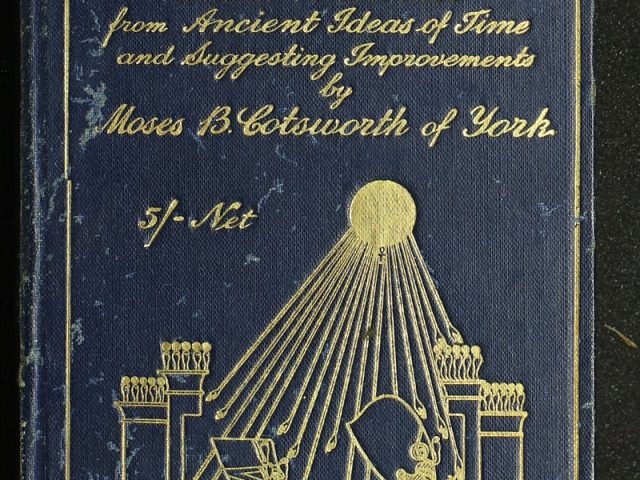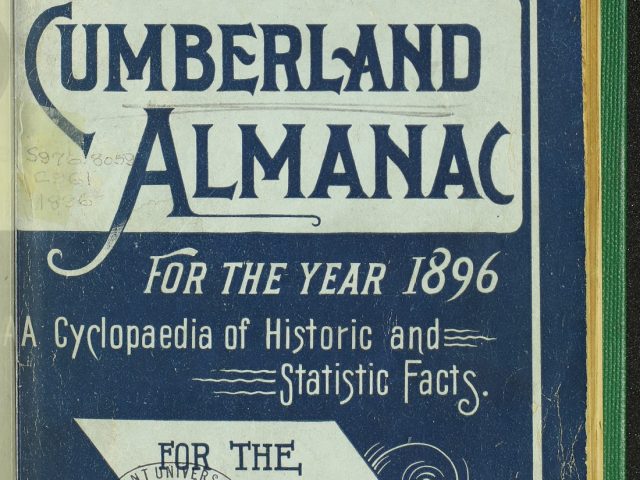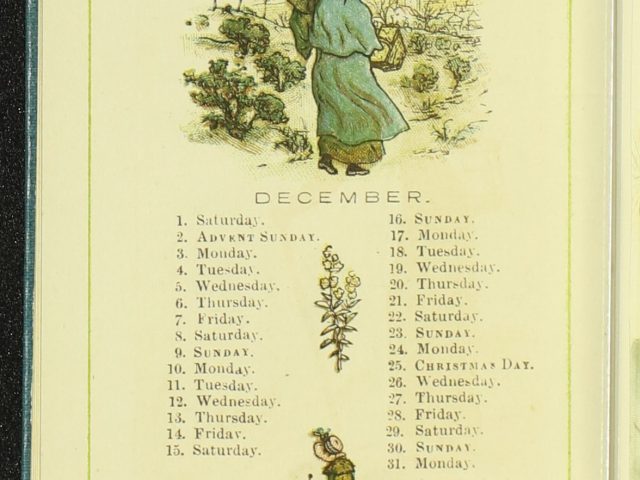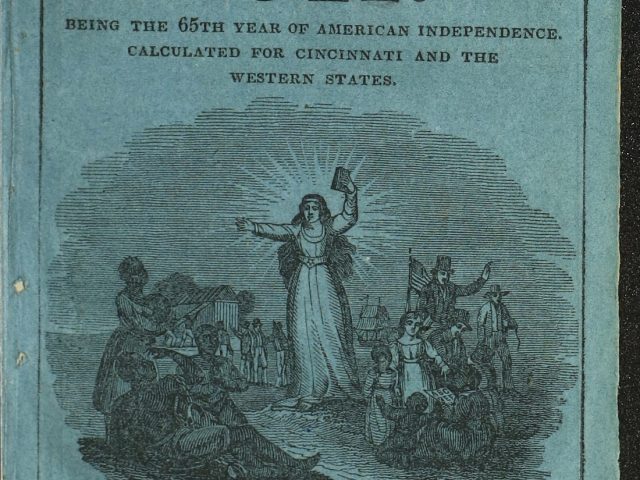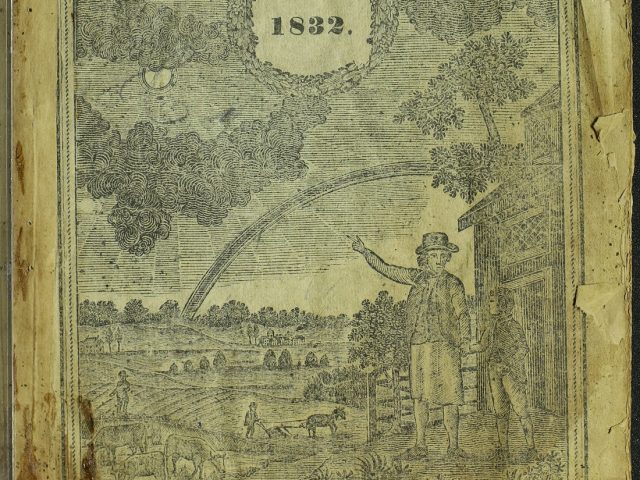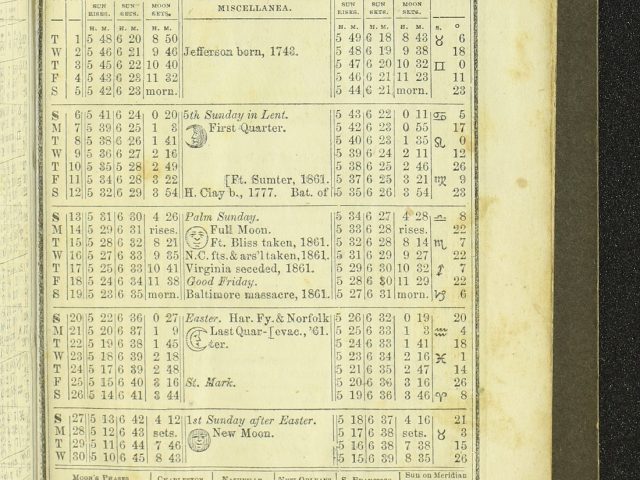
Almanacs
The word “almanac” presumably comes from the Saxon word almonaght, meaning “the observation of all the moons.” As early as the second millennium BCE, almanacs were used to track upcoming lunar cycles but also were calendars of religious holidays, astrological occurrences and meteorological projections. Farmers and physicians based their practices on almanacs, which told them the right time to sow a field or heal a patient. Almanacs were extremely popular in 17th century England: one existed in almost every home. Today, almanacs are less likely to be found on the physician’s shelf but are still popular with farmers.
